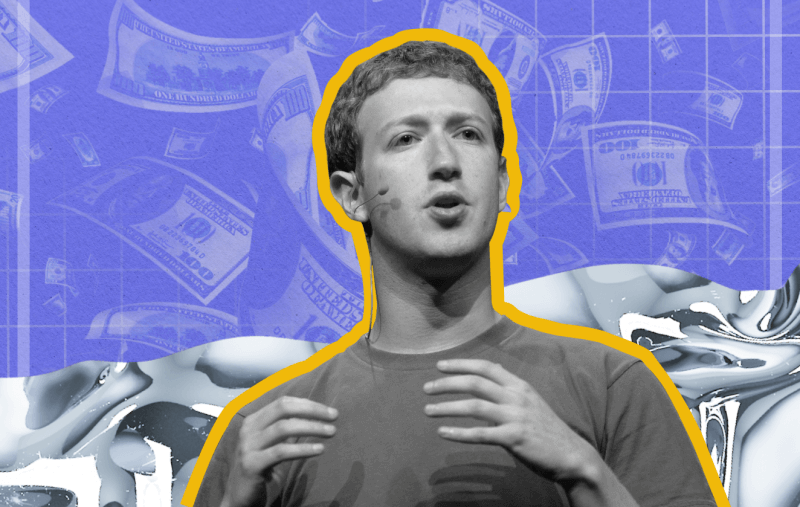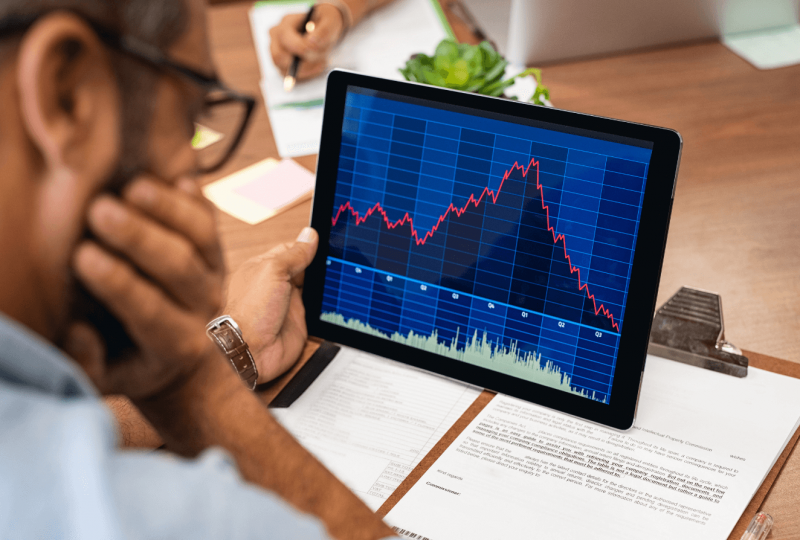Mark Zuckerberg’s Latest Move Has a High Impact on Meta Stock. Here Is Why.
Dec 05, 2023

Mark Zuckerberg, the CEO of Meta Platforms (META), is reaping the benefits of his perseverance: selling at the bottom is for losers. Zuckerberg made his first sale of Meta stock in two years, taking advantage of the stock’s 150%+ gain over the previous year and the fact that investors seem to be moving past the company’s expensive transition to virtual reality.
Using information from regulatory filings, Bloomberg claims that in November, his trust and groups that receive charitable and political donations sold almost $185 million worth of shares through trading plans. For the first time since November 2021, Zuck sold his shares.
At that time, Meta’s shares had fallen to their lowest point since 2015. The fact that Meta’s stock has been trading at this level since November 2021 may not be a coincidence.
According to Smart Asset’s capital gains tax calculator, Zuckerberg will pay roughly 24% in federal capital gains tax and 13.3% in California state tax (assuming his $37 million Palo Alto estate is considered his primary residence).
That means Zuckerberg might owe up to $68.6 million in capital gains taxes.
The move has weighed on Meta stock on Monday, with shares down roughly 3% at the time of writing in early market activity.
Prior to his two-year hiatus, Zuckerberg was quite active in selling his shares, dumping more than $1 billion of stock in 2021, according to Bloomberg.
According to the Bloomberg Billionaires Index, Zuckerberg still owns approximately 13% of the firm he co-founded, which accounts for the majority of his almost $118 billion fortune.
When the stock was in the doldrums, investors questioned Zuckerberg’s emphasis on transitioning his firm out of the social media age and into the so-called digital metaverse.
The stock dropped from an all-time high in late September 2021 to half its previous value a year later.
In October 2022, Jim Cramer, the CNBC analyst who had stood behind Zuckerberg and Meta through thick and thin, had had enough. For years, the guy whose slogan for the firm held, don’t trade, claimed he was mistaken for supporting the company a day after the stock plunged 25% in a single session.




